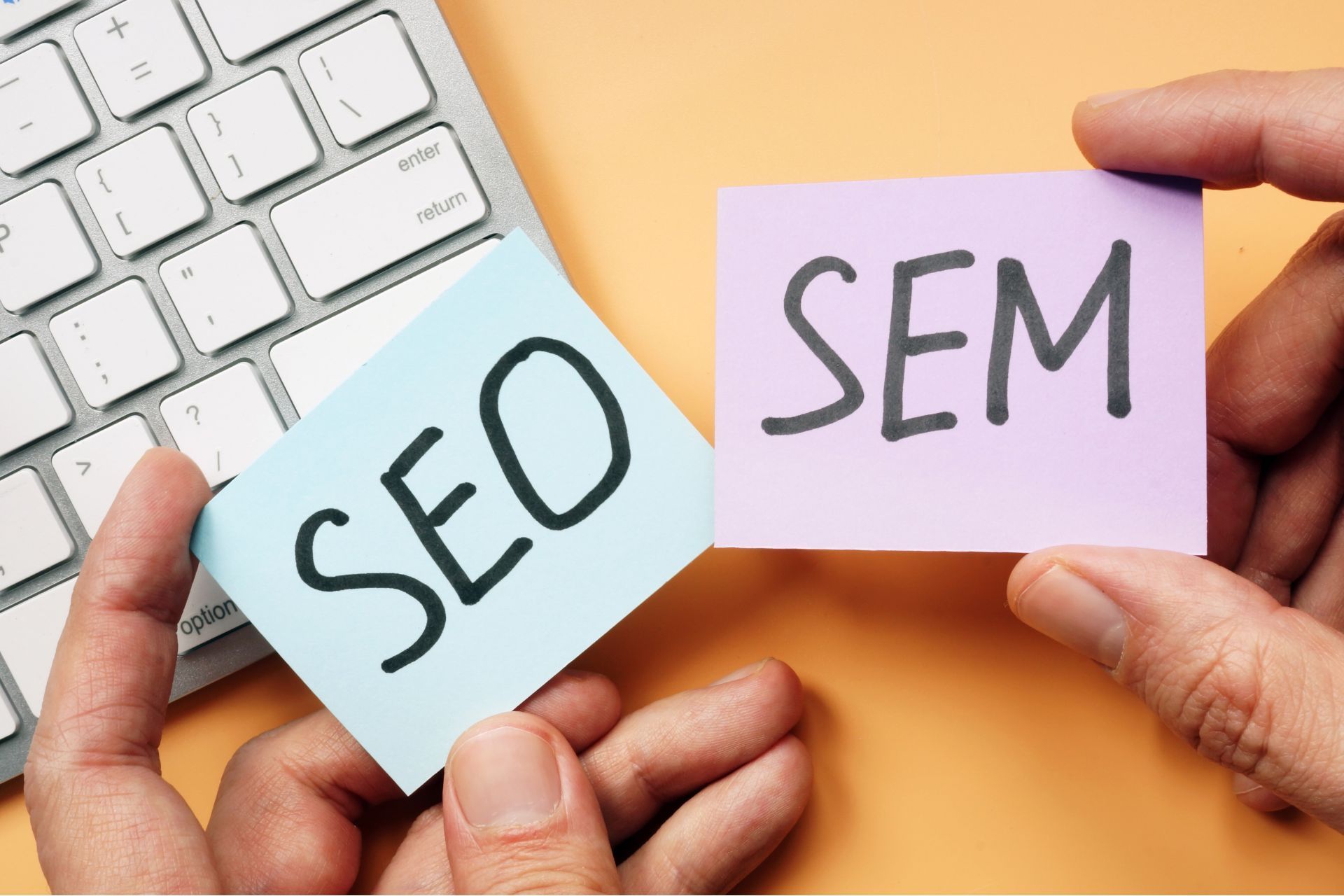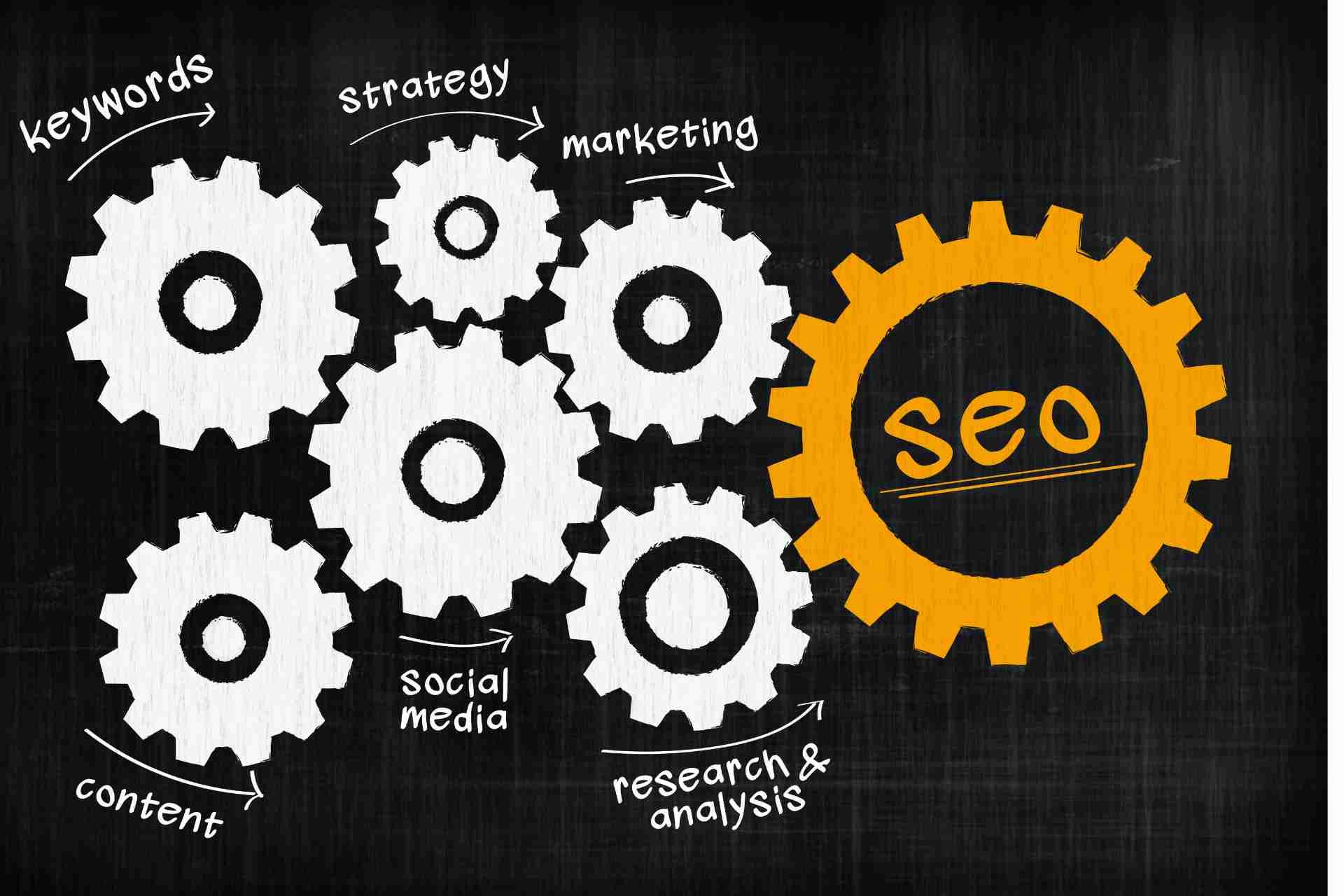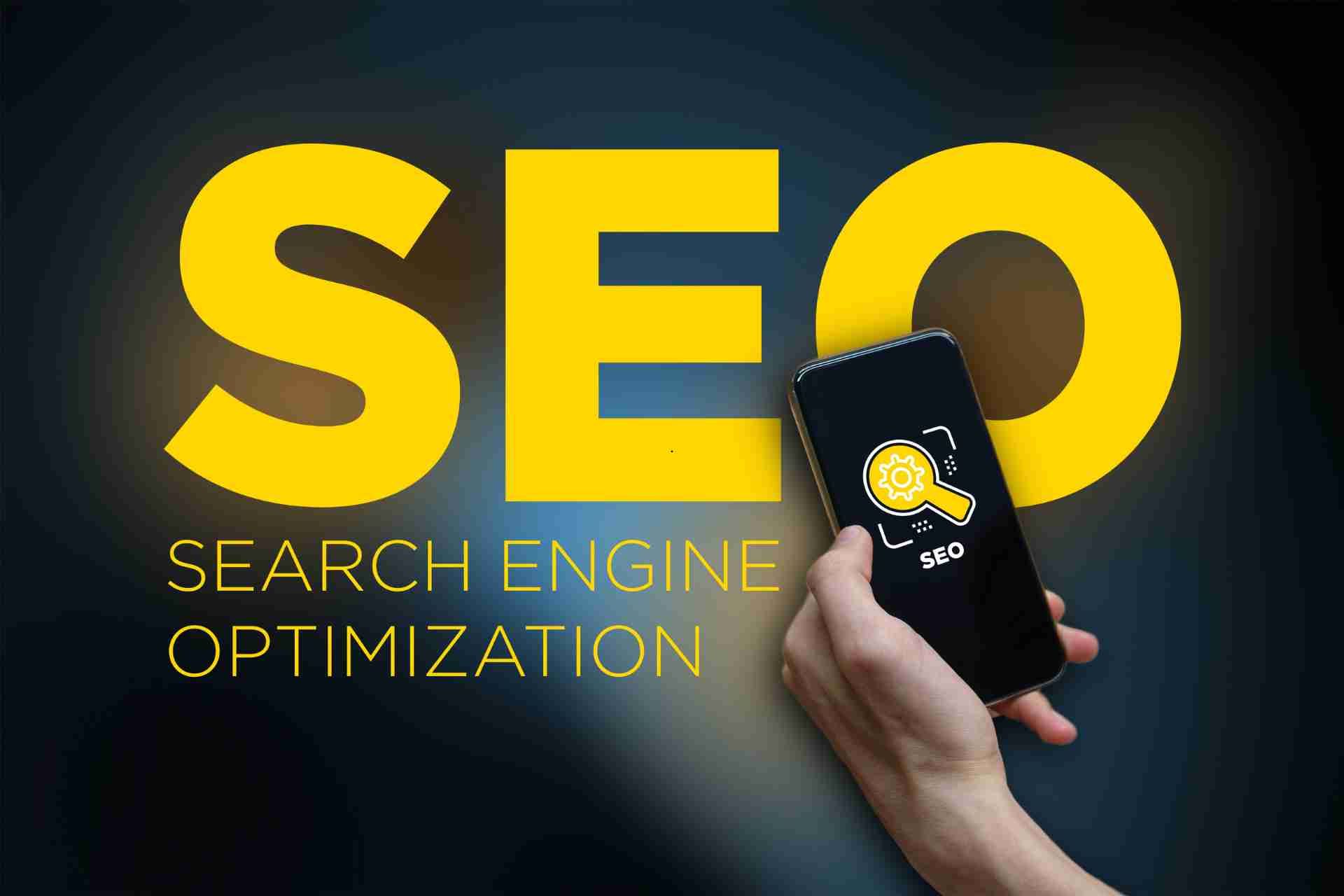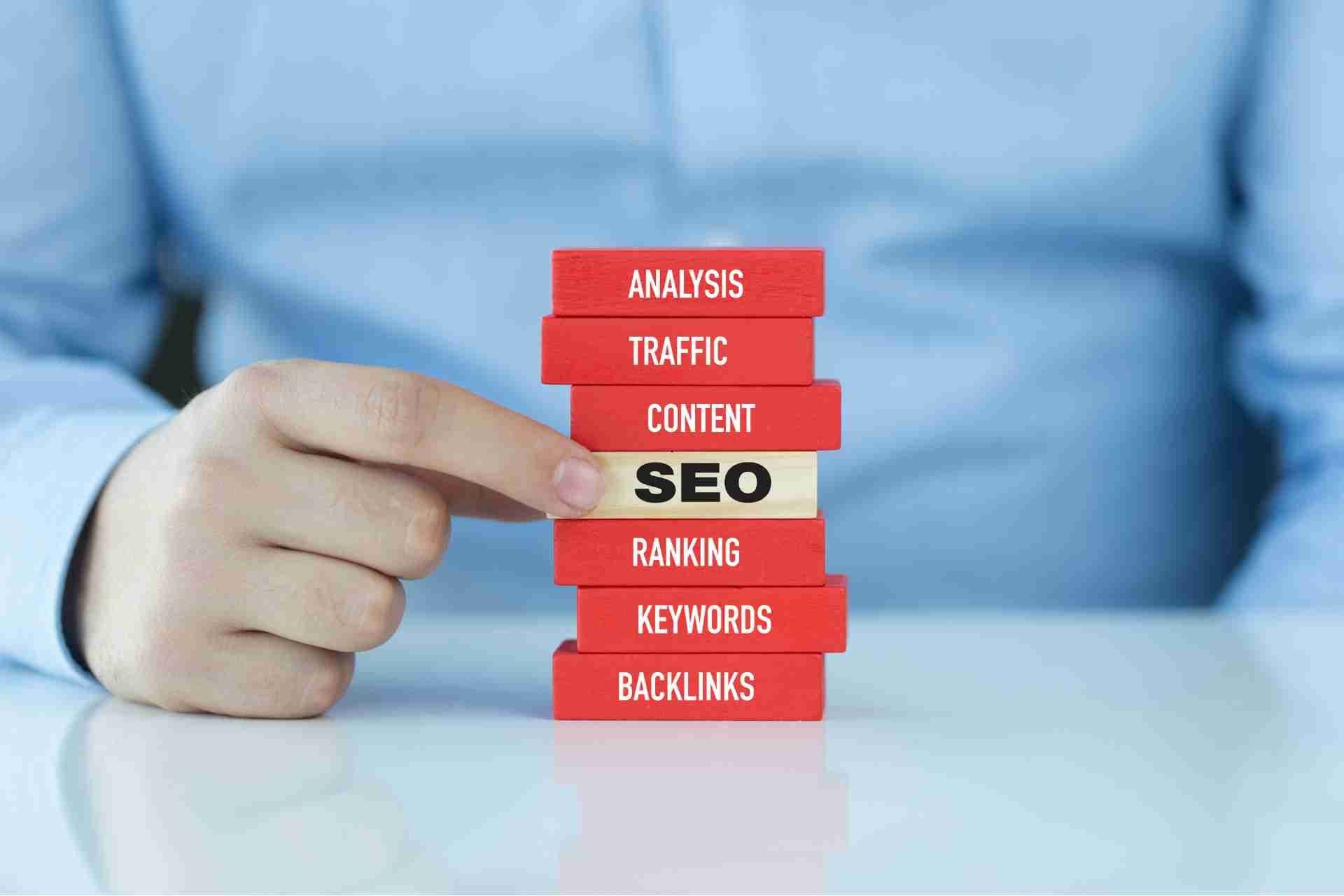SEO and SEM Difference: What you Should Know

If you're a business owner or marketer looking to improve your online presence, chances are you've heard of SEO and SEM.
Search Engine Optimization (SEO) and Search Engine Marketing (SEM) are two terms that are often used interchangeably in the digital marketing world. However, they are two distinct strategies that have different goals and methods. Understanding the SEO and SEM difference is crucial for businesses looking to improve their online presence and attract more customers.
What is SEO?
Search Engine Optimization (SEO) is a crucial aspect of digital marketing that helps websites rank higher in search engine results pages (SERPs). In simple terms, SEO is the process of optimizing your website to increase its visibility on search engines like Google, Bing, and Yahoo.
SEO is essential for any business that has an online presence. When your website ranks higher in search engine results, you are more likely to attract organic traffic and potential customers. In fact, studies have shown that the majority of search engine users click on one of the top three results, so it’s important to strive for a high ranking.
There are various components that make up SEO, and understanding each one is essential for a successful online presence.
Keywords
Keywords are the foundation of SEO. They are the words and phrases that users type into search engines to find information. It is important to choose relevant keywords that reflect the content of your website and are commonly searched by your target audience.
Content
High-quality content is key to a successful SEO strategy. Search engines prioritize websites that offer valuable, relevant, and engaging content to users. This includes blog posts, articles, videos, and infographics that address the needs and interests of your target audience.
On-Page Optimization
On-page optimization involves optimizing various elements of your website to improve its search engine ranking. This includes optimizing meta titles and descriptions, headers, images, and URLs. It also involves adding relevant keywords throughout your content and ensuring that your website is mobile-friendly.
Off-Page Optimization
Off-page optimization refers to actions taken outside of your website to improve its search engine ranking. This includes building backlinks from reputable websites, social media marketing, and guest blogging on high-authority sites. Off-page optimization demonstrates the credibility and authority of your website to search engines.
User Experience
User experience plays a crucial role in SEO. Search engines prioritize websites that provide a positive user experience, including fast loading times, easy navigation, and mobile responsiveness. It is important to optimize your website for usability and accessibility to improve its search engine ranking.
Technical SEO
Technical SEO involves optimizing the technical aspects of your website to improve its search engine ranking. This includes improving website speed, fixing broken links, and optimizing HTML tags. Technical SEO ensures that search engines can crawl and index your website effectively.
What is SEM?
Search Engine Marketing (SEM) is a powerful digital marketing strategy that involves promoting websites by increasing their visibility in search engine results pages (SERPs) through paid advertising. It is a way for businesses to reach their target audience effectively and drive traffic to their website.
SEM encompasses various techniques, including pay-per-click (PPC) advertising, search engine optimization (SEO), and other forms of paid advertising. With SEM, businesses can bid on keywords related to their products or services to have their ads displayed at the top of search engine results pages. These ads are often labeled as "sponsored" or "ad" to differentiate them from organic search results.
Keywords
Keywords are the foundation of any SEM campaign. They are the terms and phrases that users type into search engines when looking for information or products. Choosing the right keywords is essential for targeting the right audience and ensuring that your ads appear in relevant search results.
Ad Copy
Ad copy is the text that appears in your ads. It should be engaging, clear, and relevant to the user's search query. Effective ad copy can help improve click-through rates and drive more traffic to your website.
Landing Pages
Landing pages are where users are directed when they click on your ads. They should be designed to be visually appealing, user-friendly, and optimized for conversions. A well-designed landing page can help increase leads and sales from your SEM campaign.
Ad Extensions
Ad extensions are additional features that can be added to your ads to provide more information to users. Examples include phone numbers, callouts, site links, and location extensions. Ad extensions can help improve ad performance and increase visibility on SERPs.
Bid Management
Bid management involves setting and adjusting the bids for your SEM campaigns. Bids determine how much you are willing to pay for each click on your ads. Effective bid management can help maximize ROI and ensure that your ads are shown to the right audience at the right time.
Quality Score
Quality score is a metric used by search engines to evaluate the quality and relevance of your ads, keywords, and landing pages. A high-quality score can lead to lower costs per click and higher ad rankings. It's important to regularly monitor and optimize your quality scores to improve campaign performance.
Tracking and Analytics
Tracking and analytics are essential for measuring the success of your SEM campaigns. By monitoring key metrics such as click-through rates, conversions, and ROI, you can identify opportunities for optimization and improve overall performance.
SEO and SEM Difference
While both SEO and SEM are important for improving your website's visibility on search engines, it's essential to understand the key differences between the two strategies in order to effectively utilize them for your business. Here are a few key points to keep in mind:
- Timing: SEO is a long-term strategy that requires consistent efforts over time to see results, while SEM can provide more immediate results through paid advertising.
- Cost: SEO is typically more cost-effective in the long run, as it doesn't require ongoing investment in paid advertising like SEM does.
- Integration: SEO and SEM can be used together to maximize your website's visibility on search engines. By combining organic and paid strategies, you can attract more traffic and improve your overall online presence.
- Goals: SEO is focused on improving your website's visibility and ranking on search engines, while SEM is geared towards driving targeted traffic to your website through paid advertising.
The decision to prioritize SEO or SEM will depend on your business goals, budget, and timeline. Many businesses opt to use a combination of both strategies to maximize their online visibility and drive traffic to their website.






